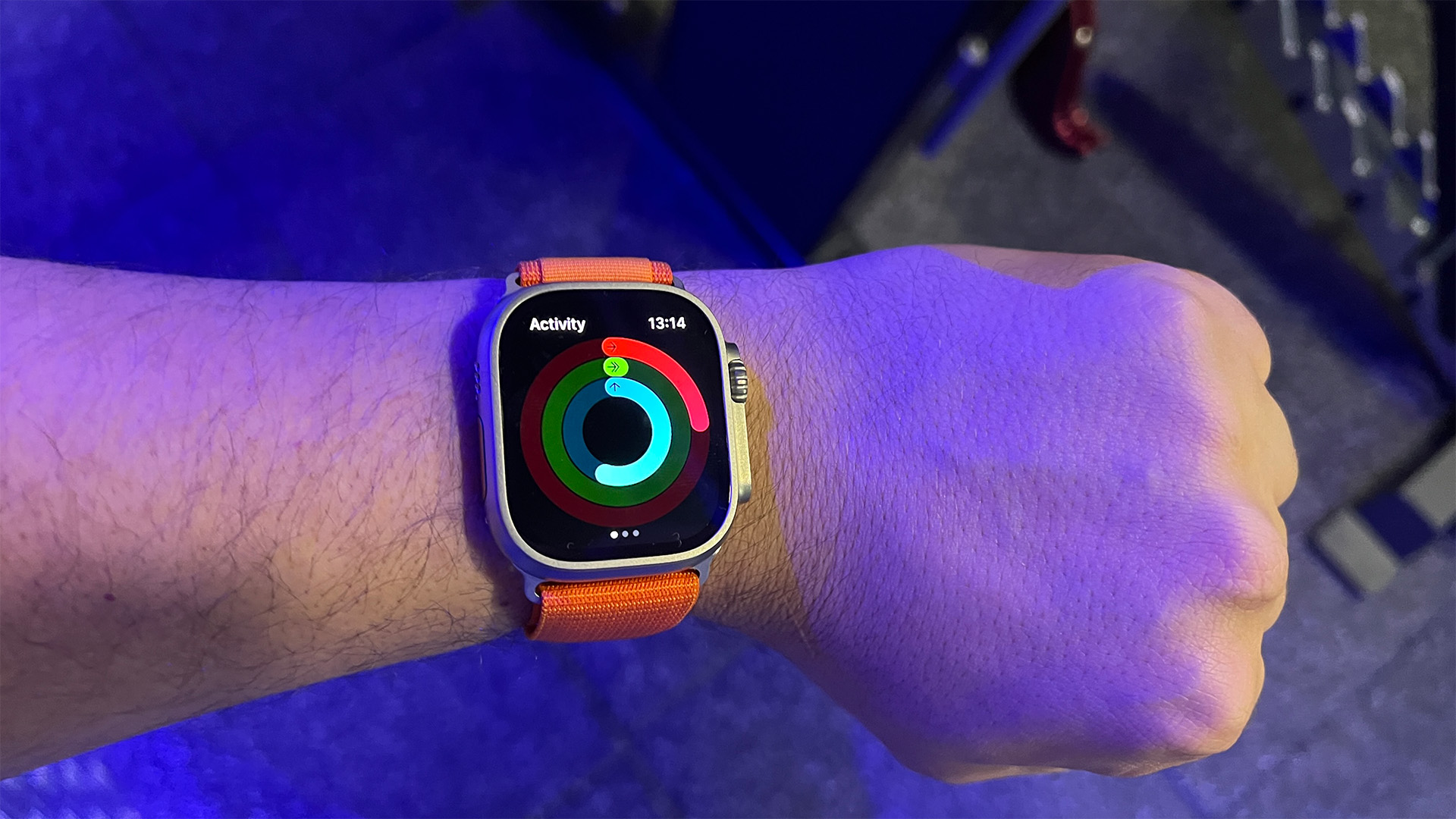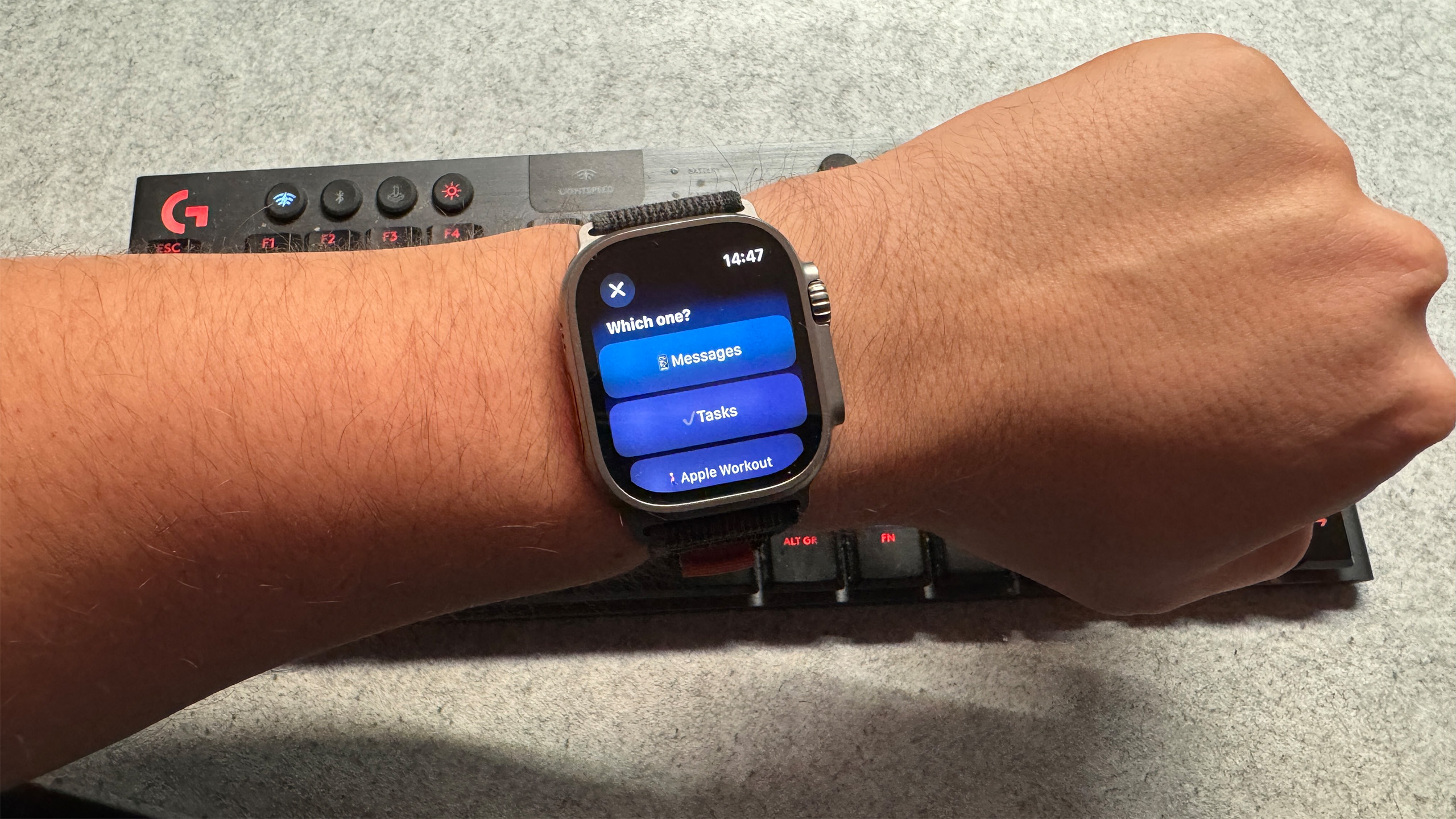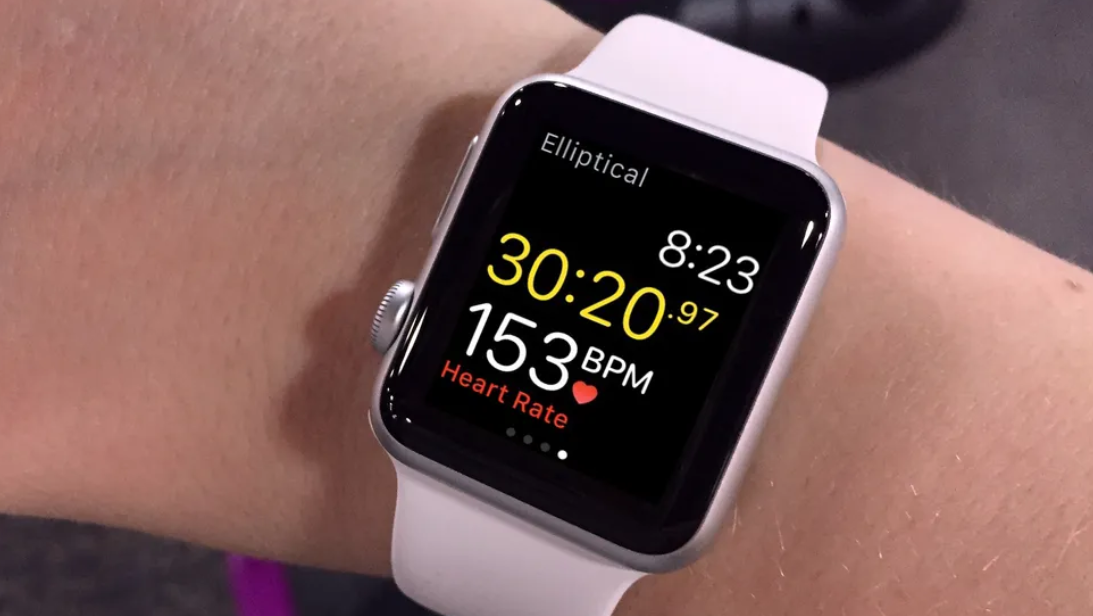
As the rest of the tech world began to find its own ways to leverage AI over the last couple of years, it has remained pretty quiet on the Apple AI front. The company kept up with Machine Learning advancements in its homegrown silicon, but it appears 2024 will be the year it wholeheartedly embraces AI from a software standpoint too, potentially even in partnership with Google.
That’s an exciting prospect given how far Siri remains behind its rivals in the personal assistant space. With Apple being so set on privacy, there's the hope it’ll be more secure than many of its rivals when it comes to how Apple's take on artificial intelligence leverages your personal data, too.
Aside from a smarter Siri, though, I’m most excited for AI to come to the Apple Watch and watchOS 11. Though the Apple Watch Ultra and Apple Watch Ultra 2 have added exciting hardware advancements for fitness fanatics, the lower-end of the Apple Watch line-up has felt a bit stagnant. All but the most hardcore Apple Watch fans would be hard-pressed to note substantial differences between the Series 8 and Series 9, for instance. The form factor makes radical hardware changes difficult to achieve, so advancement must come primarily from a software perspective. And artificial intelligence is brimming with possibilities in a wrist-worn device.
Here’s what AI could bring to my favorite smartwatch — and the fitness potential that has me most excited.
Brains on my wrist

I love the Apple Watch and have spent the last few years covering it from both a productivity and fitness perspective. Sadly, though, Siri really does have rocks for brains, and it means that the idea of having Apple’s assistant on my wrist just isn’t an appealing one.
Whether it’s completely misunderstanding my requests, or failing to do anything at all, Siri drives me to the brink of despair on any device I attempt to use it on. It's got to the point where I just use a much more reliable Action Button Shortcut on my Watch instead, bypassing Siri wherever possible.
A lot of the difficulty of using Siri right now comes from the assistant guessing what you're going to say before you've said it. Having a more ChatGPT-style 'chatbot' interface, where my commands are transcribed back to me more accurately, giving me the opportunity to adjust mis-recognised phrases would be great. Even better, if AI was better able to infer my intent by pooling from the millions of daily requests it would get across the world would be even better, filling in the gaps of its understanding based on common requests from other users.
In terms of accuracy, Alexa remains streets ahead of Apple, and Amazon's devices cost a whole lot less. Alexa is also faster, and while I acknowledge I’d probably need to upgrade to an Apple Watch Ultra 2 for the faster chipset for the privilege, I would love to have Siri, with expanded functionality and faster responses, on my wrist. Considering Apple Watch is most commonly used in strenuous fitness environments, accurate voice commands are a must — you don't want to be reaching from the tread climber to tap that screen into obedience.
Still, there is the question of privacy, and my dreams may be dashed depending on Google and Apple potentially hashing an agreement out in that regard. It seems unlikely Apple would throw years of privacy-minded focus to the wind for the sake of leveraging Google's Gemini, but how much data would be stored, and where? I certainly feel safer with Apple than I do with Google and Alexa.
A smarter workout

More than any other area though, the fitness-tracking potential of AI in an Apple Watch has me the most excited.
I like to lift weights. In fact, I’d say it’s a “love” these days, and that makes my Apple Watch a dream gym companion.
I track my workouts with Fitbod, which generates its own workouts using, you guessed it, an AI algorithm that takes user data into account. That means it’s always recommending exercises where I have relatively fresh muscle groups, but I can switch them out depending on my needs. As an example, there are certain exercises I can’t do due to a lack of equipment at my gym, so I can opt out of those.
And, while I’ve written at length before about Apple needing to adjust its Activity Rings to allow for rest days, having smarter AI to log workouts, plot muscle wear and tear, and suggest when to take a proper recovery day could be a huge step for regular gym-goers like myself. The prospect of Apple’s Fitness app taking inspiration from an AI-fuelled third-party option like Fitbod is just so exciting.
Imagine Apple’s Fitness app taking into account the muscle groups you’ve worked on, while also factoring in sleep, general fitness, and any other data it collects during day-to-day wear. It could work with Fitbod to build a fitness plan (not just a single workout) that would run from week to week, taking into account the equipment I have available at the gym and maybe even the time I have to work out between work and parenting. Am I asking for the Earth? It’s probably not that simple, but I’ll keep dreaming.
Still, we don’t have too much longer to find out about what watchOS 11 will offer on the AI front, so we’ll see if Apple dashes my hopes come June 10 at WWDC 2024, or if my workout is about to get a whole lot smarter.







